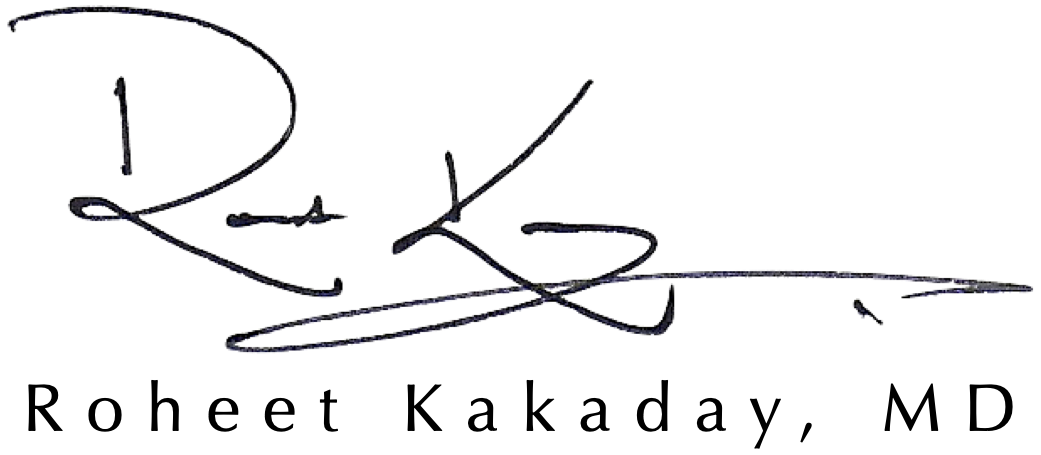Look It Up
“So…which drug do we use?” my attending physician asked me. His eyes looked expectantly at me.
I racked my mind, but the best I could pull was a blank expression.
Silence. The dreaded silence after a pimp question. I felt like I was failing, ever so slightly. Here I was, four weeks after my USMLE Step 1 board exam, and I couldn’t come up with the name of a drug that I had likely studied. Earlier, I had told my attending that answering questions in real life is an entirely different experience than a multiple choice test.
After a few seconds of silence, my attending says, much to my surprise, “I don’t know either. Let’s look it up.”
Let’s look it up.
Here was an attending, idolized by his staff, patients, and community with over 30 years of clinical experience and countless awards, a "giant" as those in the medical profession would say, Googling something.
“You see,” he began, “I used to teach and quiz medical students on content. But I realized that content doesn’t really matter. What matters is process.”
This physician gets it, whereas the authorities writing medical licensing exams seem not to. As medical knowledge expands and digital systems reliably index this information, memorization becomes low yield compared to the utility of understanding processes on the whole.
Does it matter if I remember the histologies of various thyroid carcinomas? No. What matters is if I understand how the patient’s altered basal metabolism and physiology will respond, where I can access the latest information to help me make the best treatment decisions, and how all this fits into the context of the patient’s life. I'm buoyed by Dr. Vartabedian's take on how artificial intelligence will redefine what a physician does. In fact, I find myself accessing resources frequently to provide the latest in good patient care.
We test our future doctors as if memorization of minutiae is what matters; as if clinical practice devoid of digital connection is expected. What we are producing are good test takers - the average USMLE Step 1 score has been steadily climbing since its introduction - who are adapting to the wrong stimuli. At what point will the boards become a better reflection of how many question banks or prep courses we’ve finished, rather than our promise as a physician?
As computers become more ubiquitous and reliable in clinical contexts, it becomes necessary for us to define a new generation of physicians and measure them along new metrics. There’s a new breed of giant and it isn’t leaving the same footprint.
